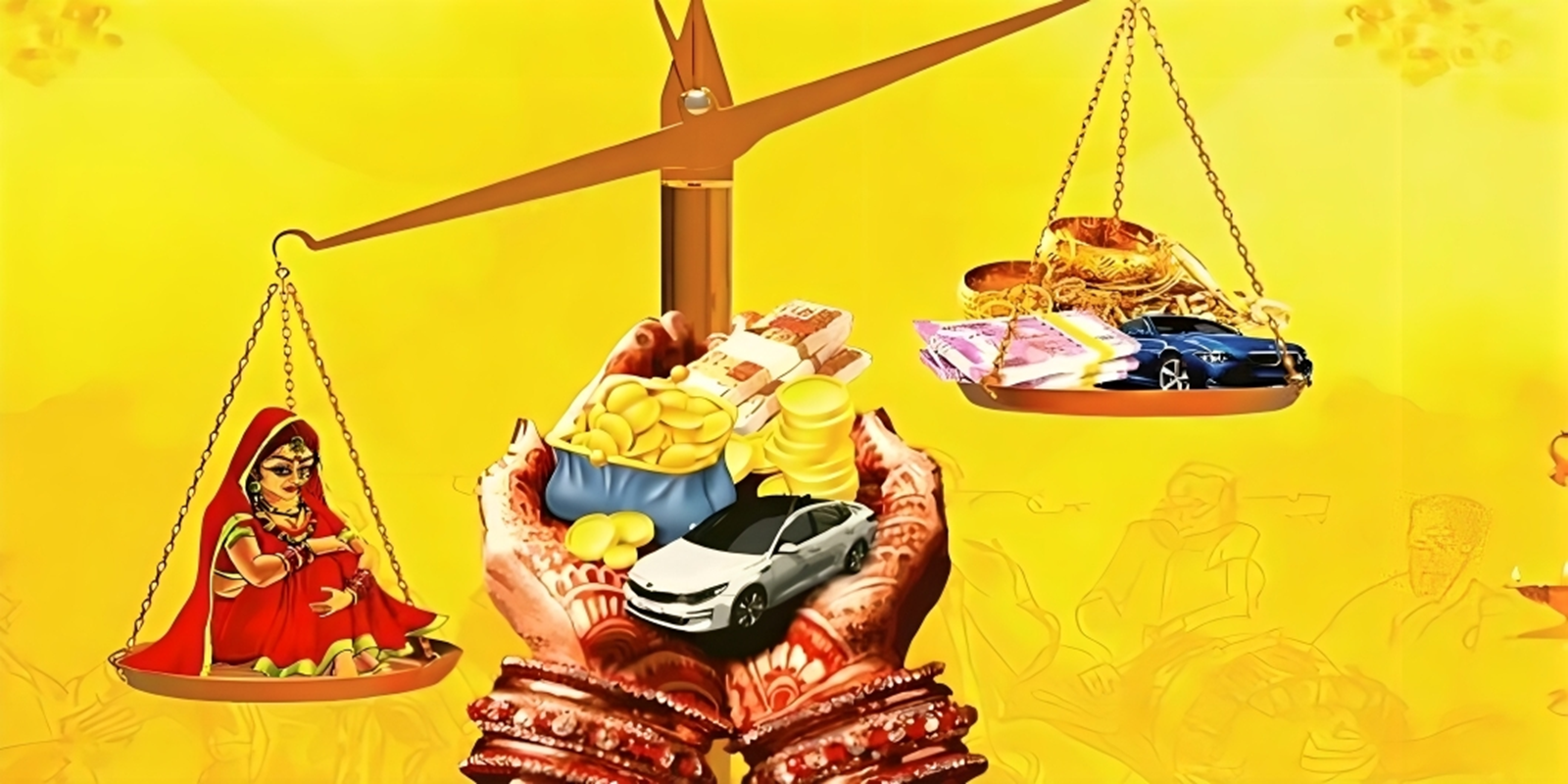
DOWRY CASE LAW
Dowry Laws in India
The practice of dowry has long been a concern in India, leading to significant legal actions aimed at curbing its misuse. Under Indian law, the Dowry Prohibition Act of 1961 strictly prohibits the giving or receiving of dowry. Additionally, Sections 304B and 498A of the Indian Penal Code provide legal recourse for women who are victims of dowry harassment. These laws ensure that women have the right to seek justice against any form of exploitation or cruelty related to dowry demands.
Dowry Act
According to the Dowry Prohibition Act, dowry includes any valuable property or security given directly or indirectly at the time of marriage or afterward. The law is strict in preventing coercion and harassment for dowry, making it a punishable offense. The legal provisions under this act emphasize protecting the dignity and safety of women within marital institutions.
IPC Section 406 - Criminal Breach of Trust
Section 406 of the Indian Penal Code deals with criminal breach of trust in dowry-related cases. If a husband or his relatives wrongfully withhold, misappropriate, or misuse the dowry received, they can be charged under this section. Convictions under this law result in severe penalties, including imprisonment and fines, ensuring that any misappropriation of dowry is legally challenged.
IPC Section 304B - Dowry Death
One of the most stringent legal provisions is Section 304B, which addresses dowry deaths. If a woman dies due to burns, bodily injury, or unnatural circumstances within seven years of her marriage, and it is proven that she was harassed for dowry before her death, the husband or his relatives can be held accountable. The punishment ranges from a minimum of seven years to life imprisonment, ensuring strict consequences for those guilty of such offenses.
